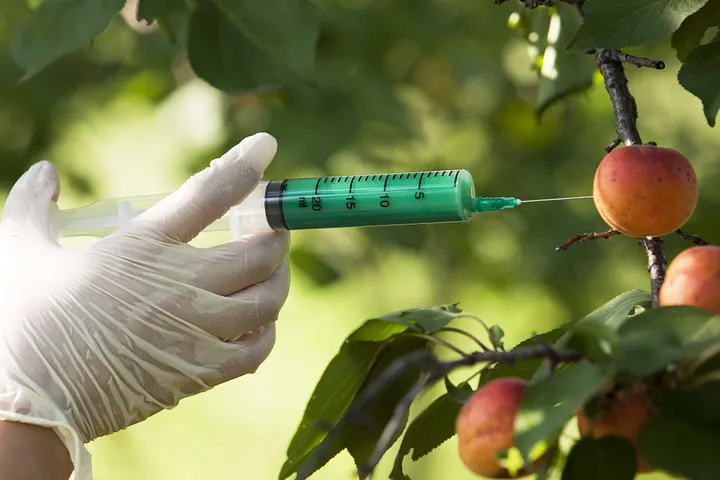Genetically modified organisms (GMOs) have been a hot topic of discussion for years now, with both sides presenting compelling arguments in support of their positions. While some argue that GMOs are a crucial tool in ensuring food security and sustainability, others claim that they are a danger to human health and the environment. As with many contentious issues, the truth is often somewhere in between, and it is essential to examine the available evidence to determine the truth about GMOs.
One of the key arguments in support of GMOs is that they can help to increase food production. This is particularly important in light of the growing world population and the need to ensure that everyone has enough to eat. GMOs can also be designed to be resistant to pests, diseases, and harsh weather conditions, making them a more resilient crop option. For example, scientists have developed a strain of genetically modified rice that is resistant to pests and can grow in soil with high levels of salt. This has the potential to revolutionize agriculture in areas with limited resources and harsh environmental conditions.
Another argument in support of GMOs is that they can help to reduce the use of harmful chemicals and pesticides. This is important because these chemicals can have negative impacts on both human health and the environment. For example, by modifying crops to be resistant to pests, farmers can reduce their reliance on pesticides and herbicides, which can contaminate soil and groundwater and potentially harm wildlife.
However, despite these benefits, there are also significant concerns about the safety of GMOs. One of the primary concerns is that they may have unintended consequences on human health. For example, some studies have suggested that GMOs may increase the risk of cancer and other diseases, although these claims are not yet supported by definitive evidence. Additionally, there are concerns that GMOs may crossbreed with wild relatives, creating hybrid plants that can spread and become invasive. This could have devastating effects on the environment, particularly in areas with diverse ecosystems.
Another concern about GMOs is that they are often patented by corporations, which can lead to monopolies in the food supply. This can result in higher prices for food and reduced access for farmers, particularly in developing countries. Moreover, many people worry that corporations will use their patents to control the food supply and manipulate the market, putting profits ahead of public health and the environment.
Despite these concerns, many experts argue that the benefits of GMOs far outweigh the risks. For example, by using GMOs to increase food production, we can help to alleviate poverty and ensure that everyone has enough to eat. Additionally, GMOs can help to reduce the use of harmful chemicals and pesticides, protecting human health and the environment. Furthermore, while there are concerns about the potential consequences of GMOs, we have many years of research and data that suggest that they are safe for human consumption.
In conclusion, the debate over GMOs is a complex and contentious issue that requires a nuanced understanding of the available evidence. While there are certainly concerns about the safety of GMOs, there are also many compelling arguments in support of their use, particularly in light of the growing world population and the need to ensure food security and sustainability. Ultimately, the best approach to this issue is to examine the available data and evidence and make informed decisions based on the facts.











